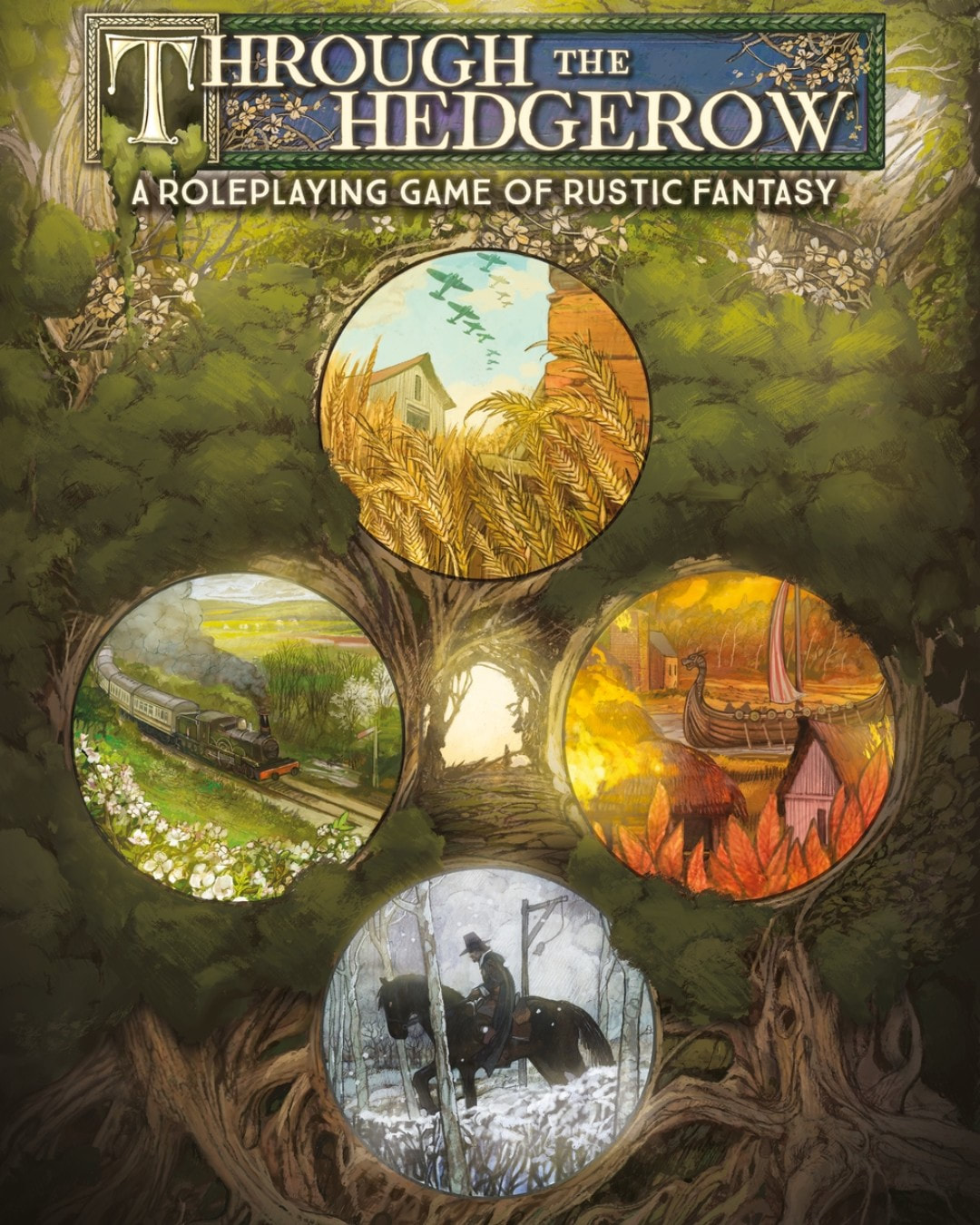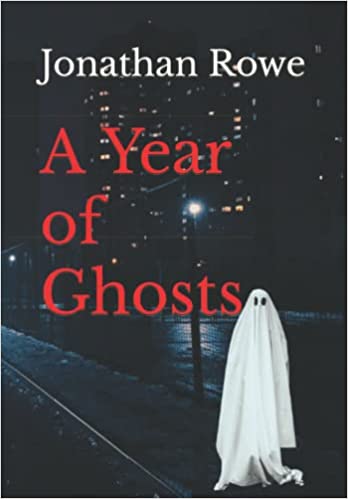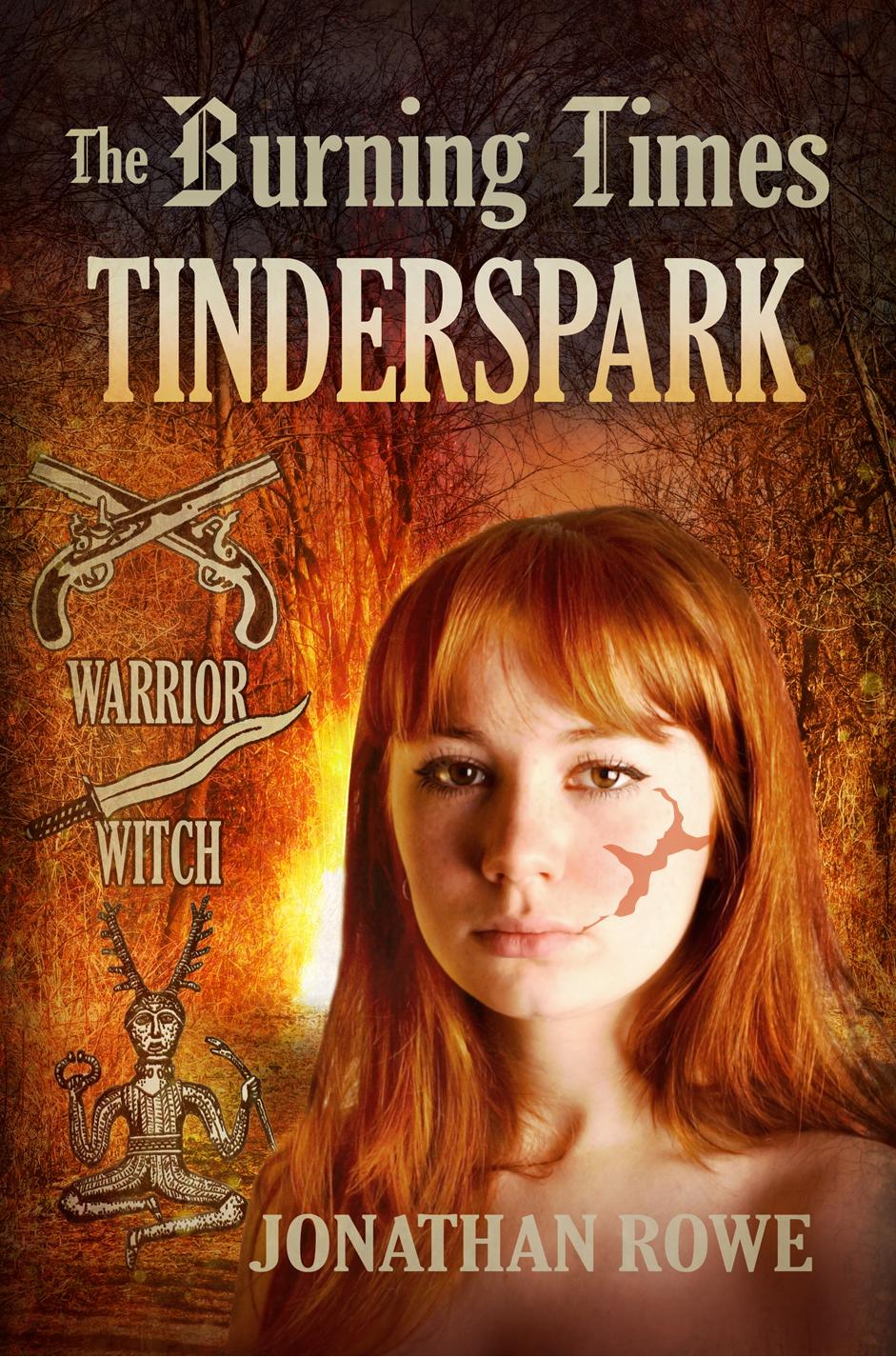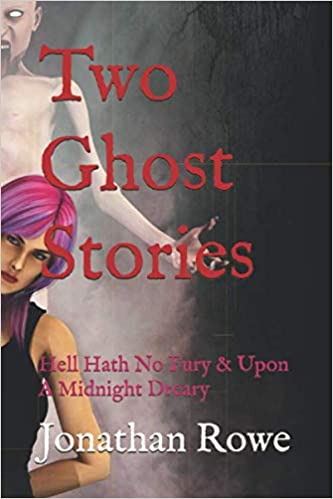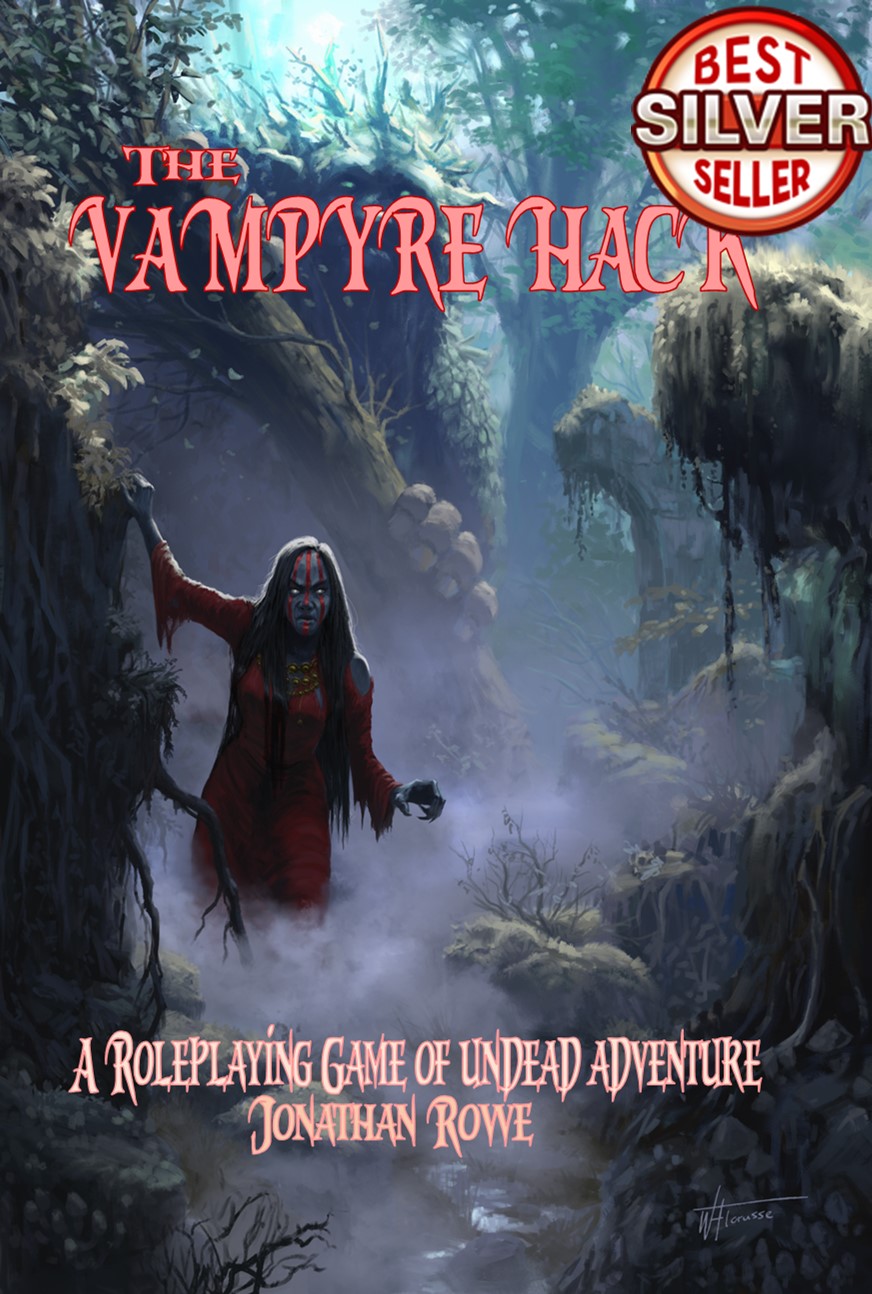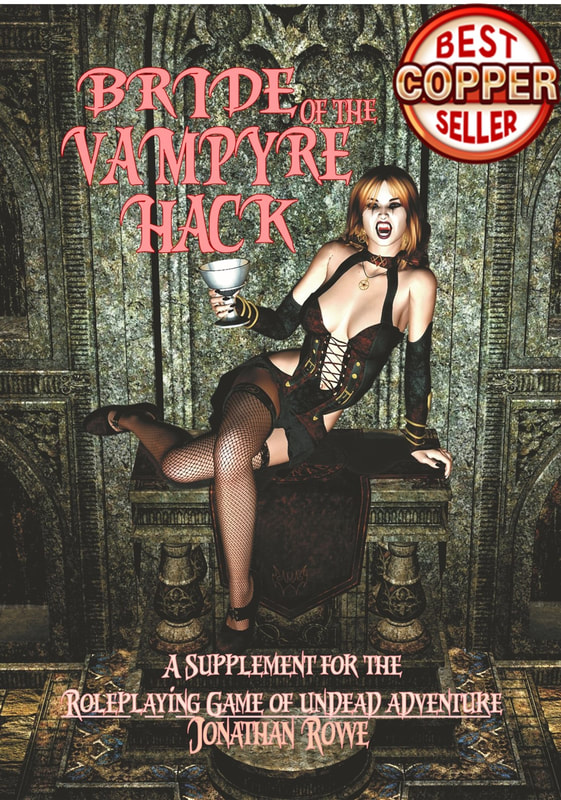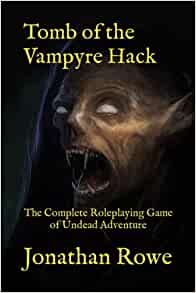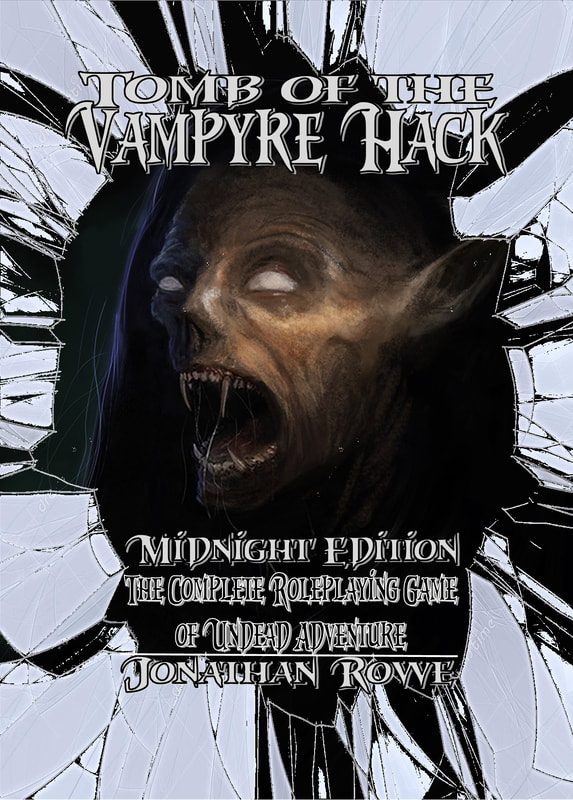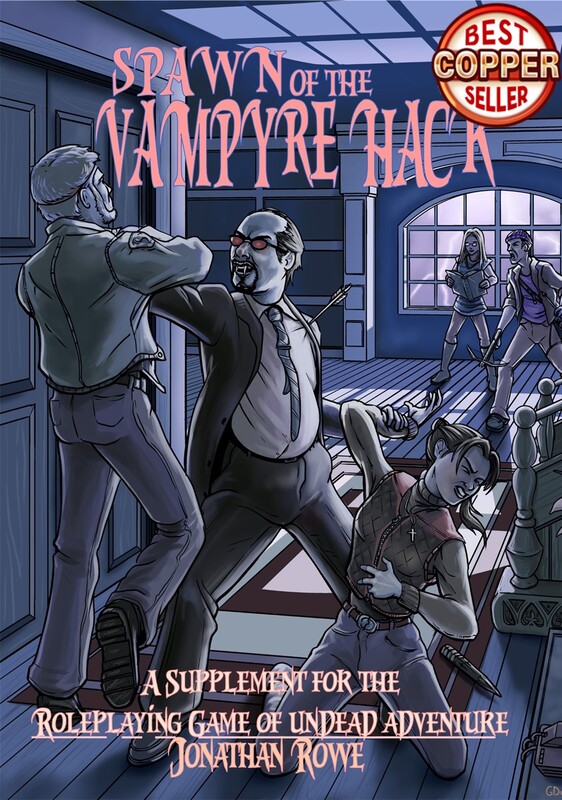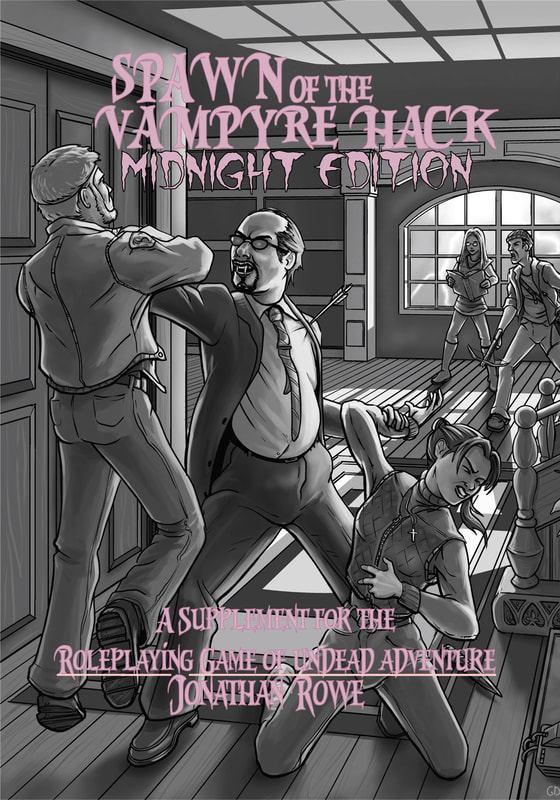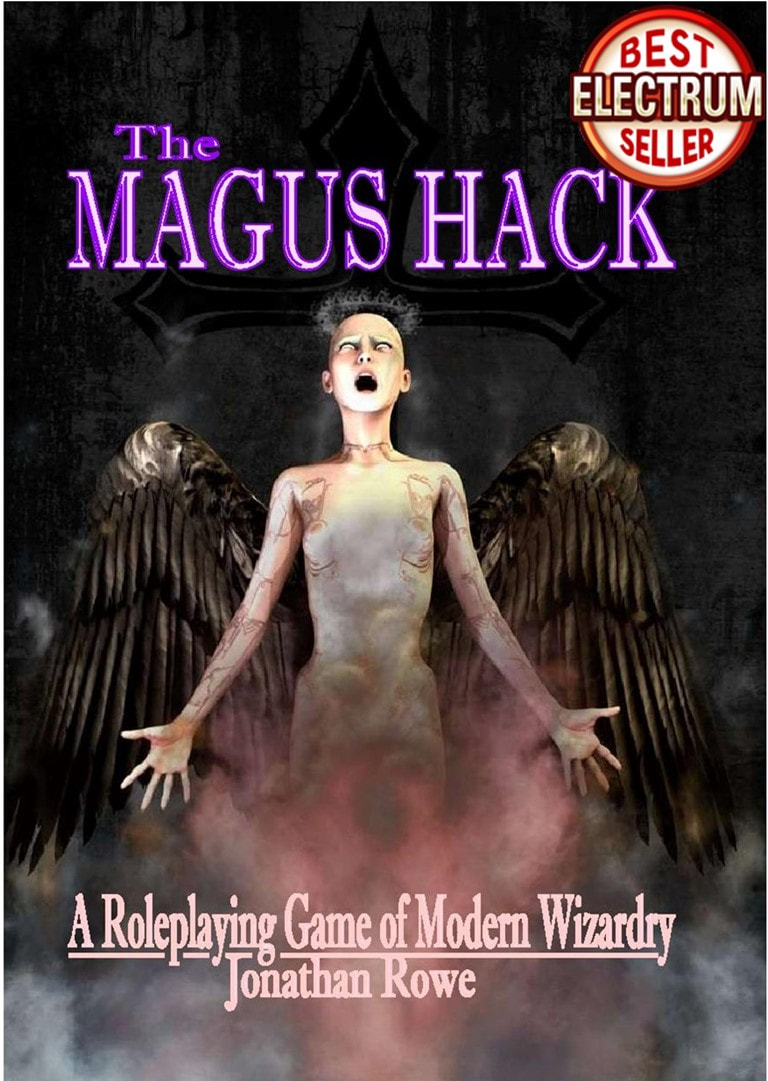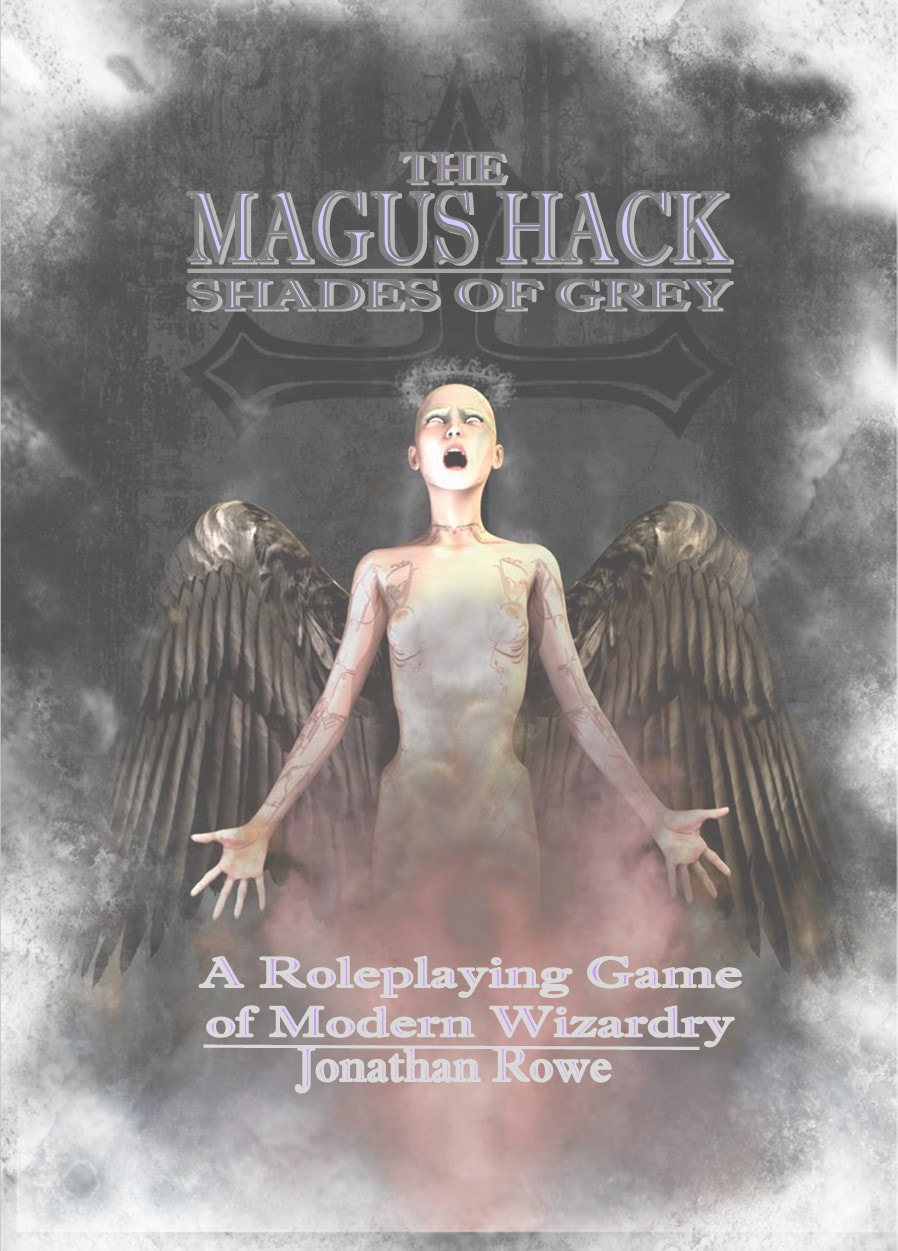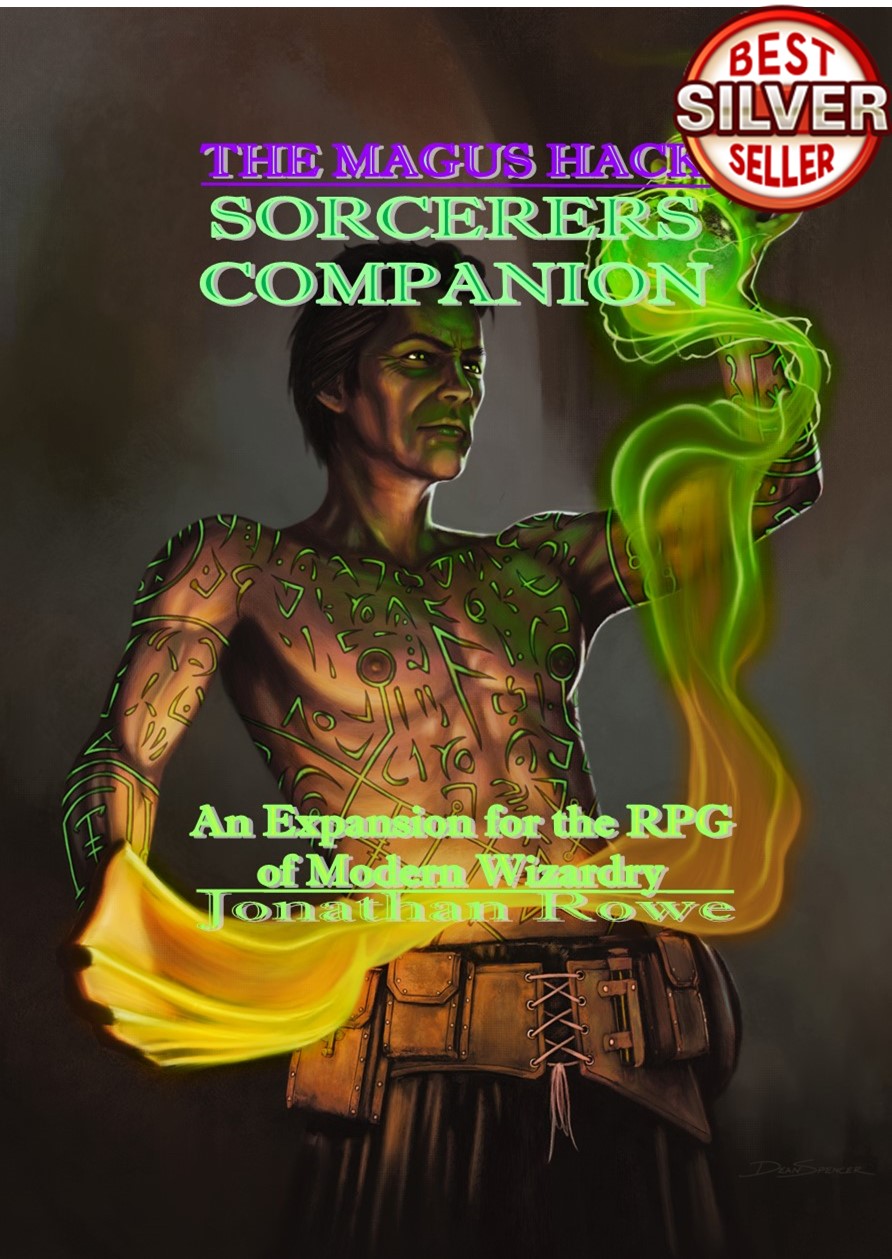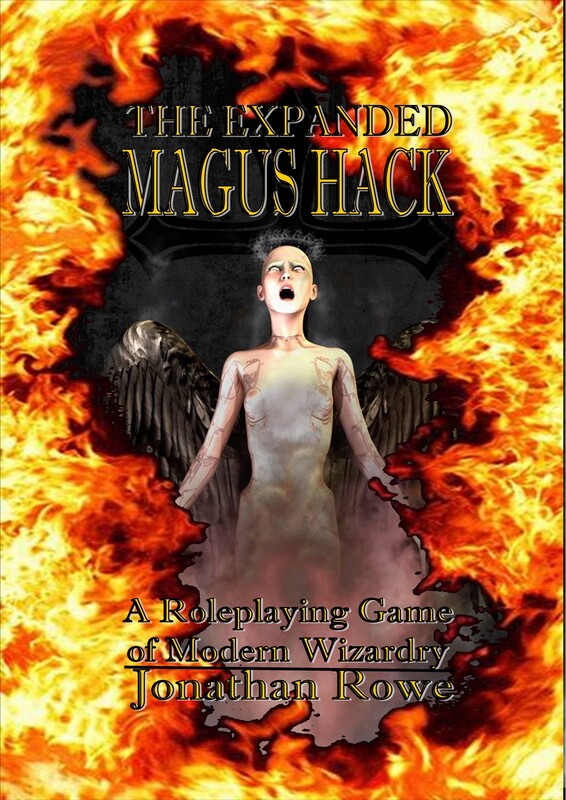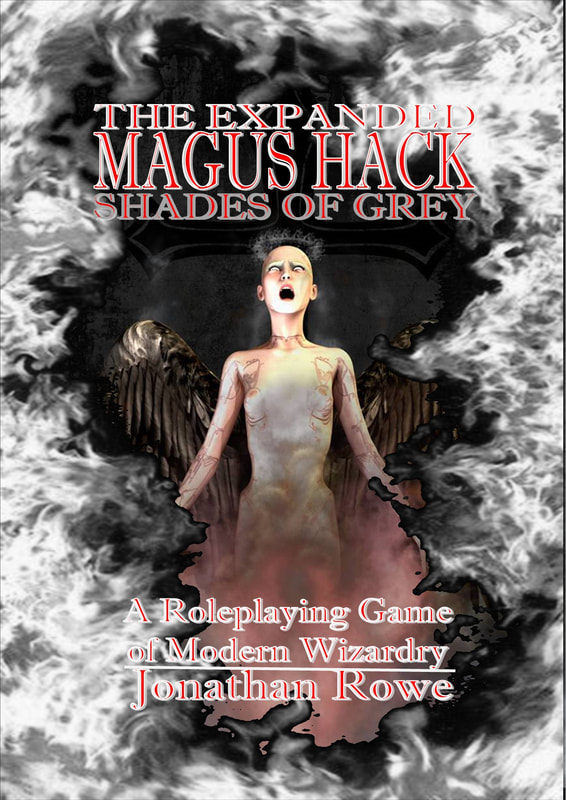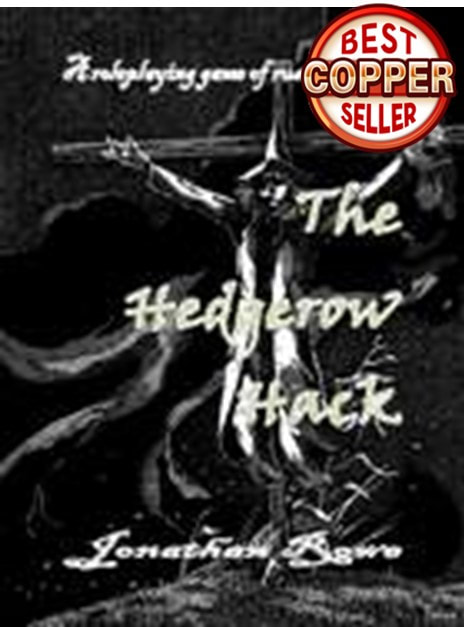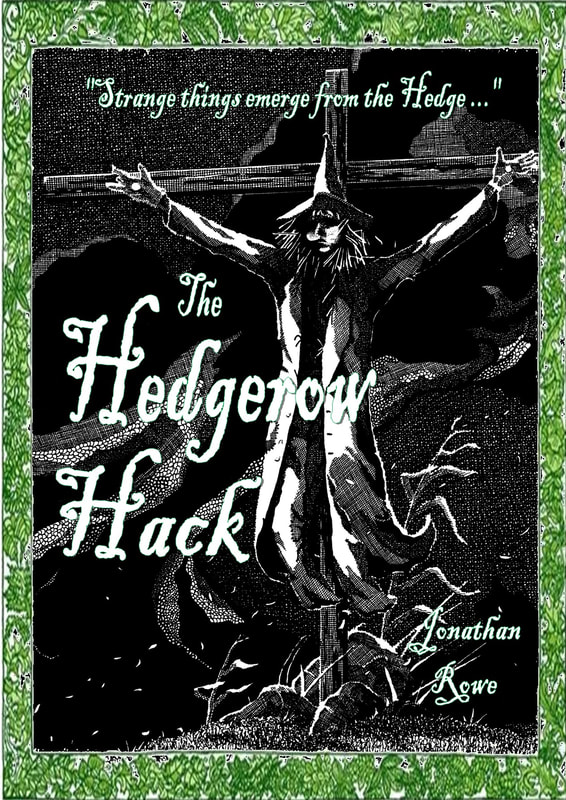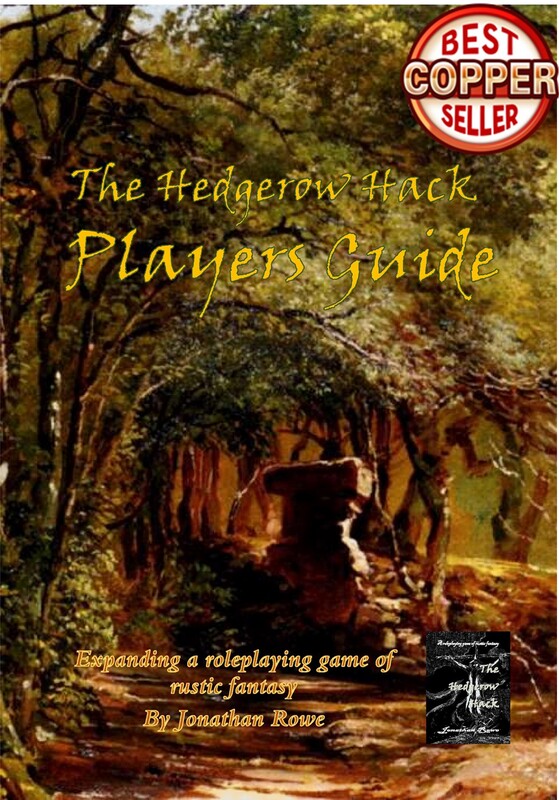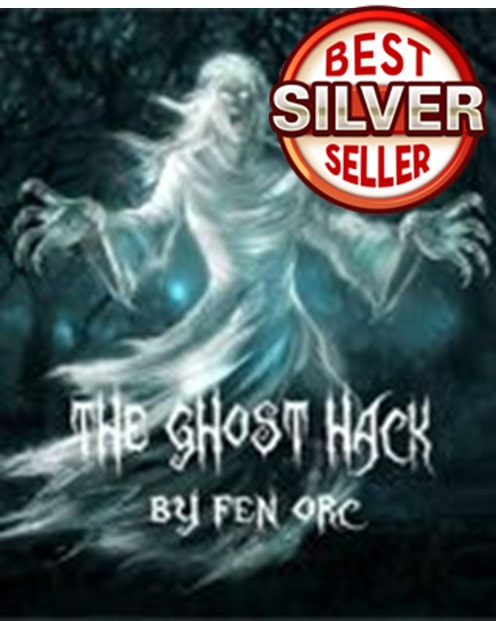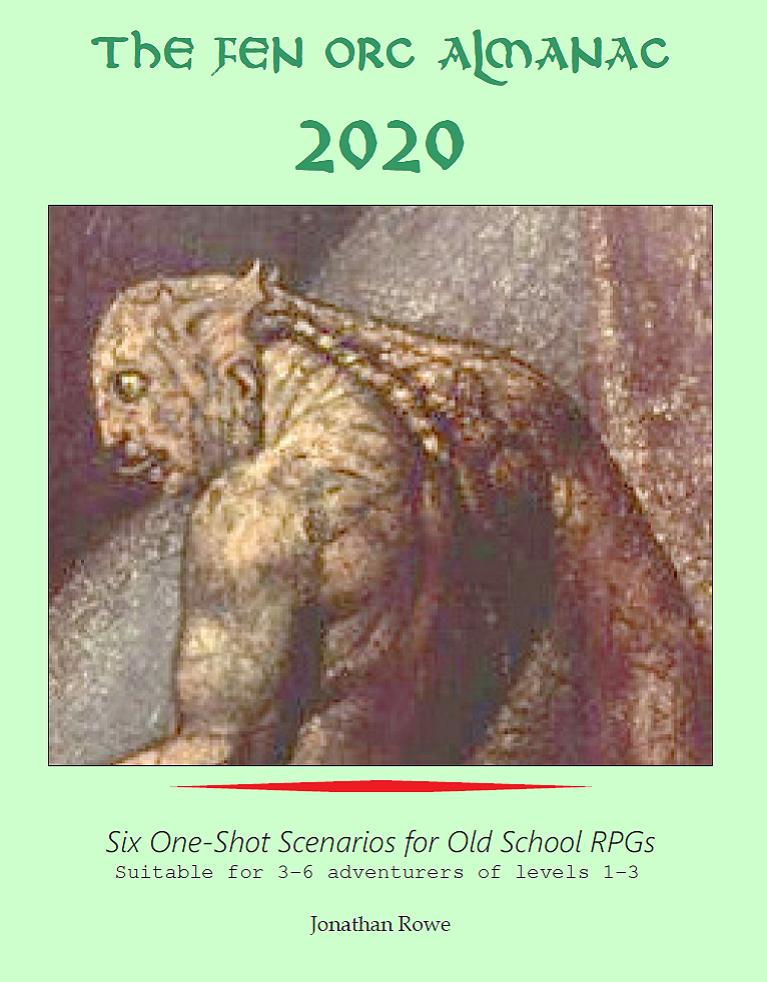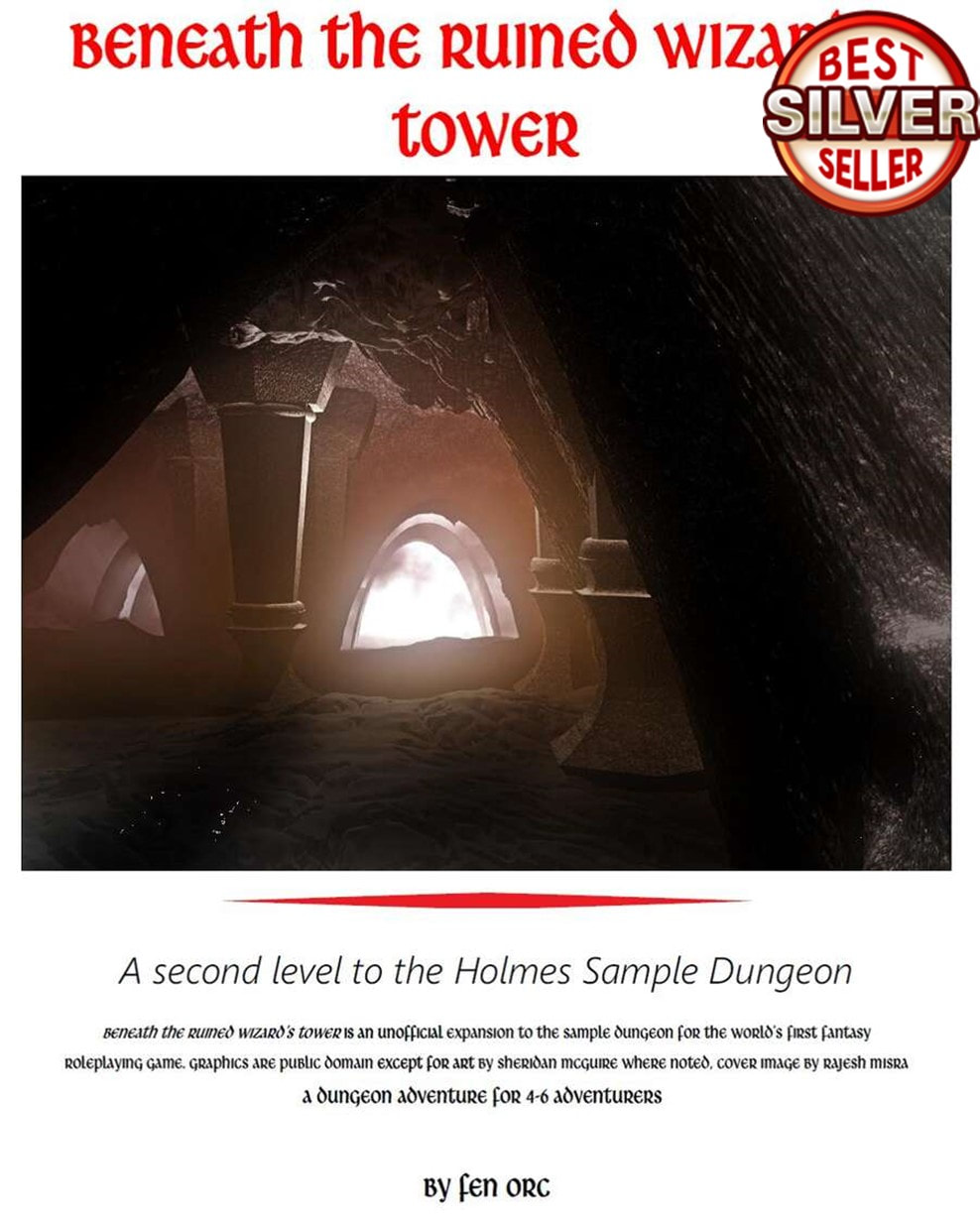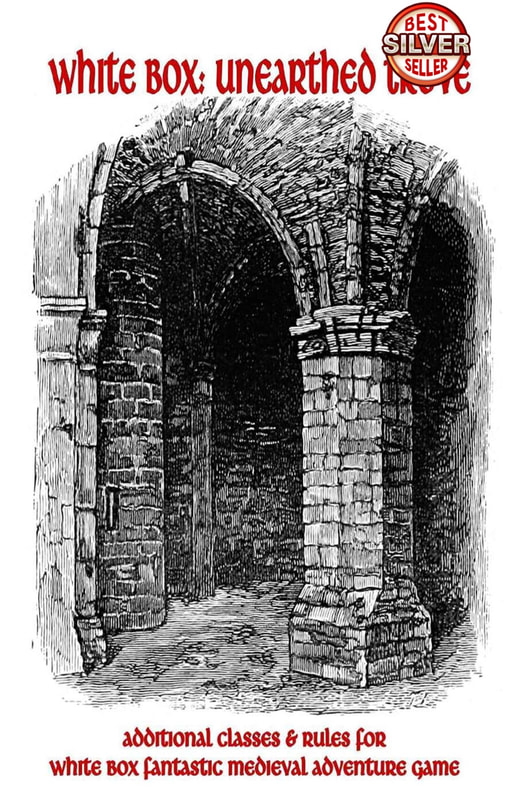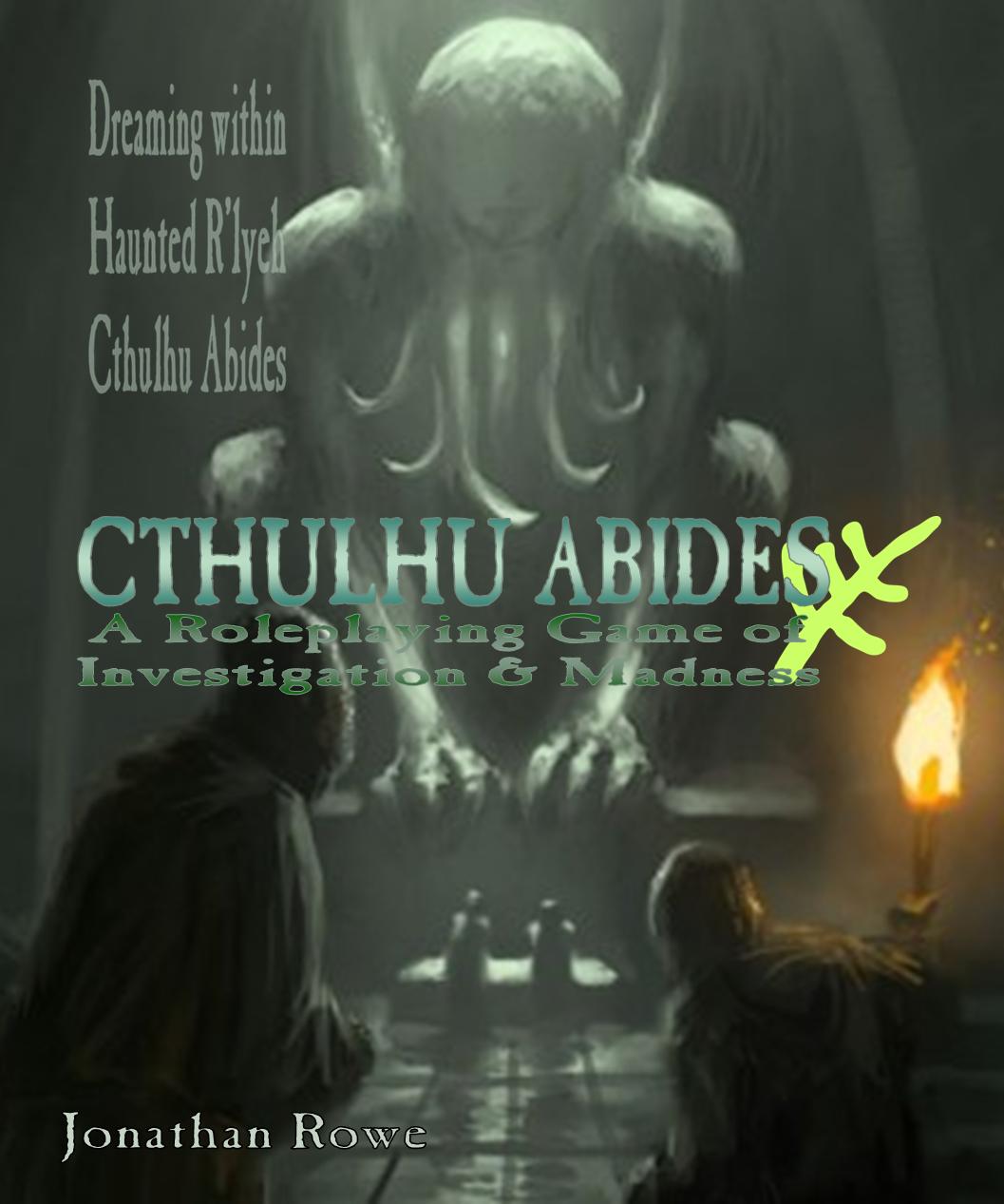|
Or, when does OSR stop being OSR and just become a brand new RPG? Last week I started reviewing Szymon Piecha's Expanded Lore for White Box RPG. I spent a lot of time on a deep delve into Szymon's treatment of the old OD&D sub-classes: the Bard, Druid, Monk and Paladin. White Box in softback from Lulu and Expanded Lore PDF from drivethrurpg Szymon fills most of his supplement with character classes, but the second part is taken up with optional rules. He introduces these in a tentative manner: the additional rules strongly modify the core rules of the White Box game and are designed for long campaigns. They are very optional and most purists may see them as too modern. Still, they are designed to keep the game simple, yet interesting (and most importantly – fun) Szymon's concerns about 'purists' and a perceived need to alter the White Box rules for 'long campaigns' need to be unpacked first. I suppose a 'purist' view is that the rules be as little altered from Original D&D as possible. But I think purism goes further than that, because White Box already includes features absent from the OD&D experience (like Thieves and variable weapon damage). It's a style of play. There are two play styles that can, with equal merit, identify themselves as 'Old School'. One is a sort of Ludic Darwinism. In this style, players roll up characters very quickly and bestow upon them the most elementary form of individuality (a class, a name - you are Derek the Cleric or Elvis the Elf). These characters are very flimsy so you recruit a bunch of hirelings each. You go into a dungeon 'mob handed' and throw these characters into the thresher. Probably a quarter will die. The rest emerge with treasure and XP. Most players will lose many characters over the course of a dozen games, switching to play their former-hirelings or rolling entirely new PCs. Fate/Chance determines which characters make it to 2nd and 3rd level. There's a lot of wastage. If Ludic Darwinism appeals to you, it's worth noticing that dungeons have to be low-threat in such a campaign. Look at Holmes' Sample Dungeon in Basic 'Blue Box' D&D (1977): a few goblins, a bunch of skeletons, giant rats; the worst thing in it is a big crab. Compare with Module B1: The Keep on the Borderlands, which is far too deadly to play in this way. You're all gonna die Ludic Darwinism proposes that (successful, surviving) characters start out as mere stereotypes, but they acquire individualism and defining quirks based on what happens to them in their adventures. You don't create a character so much as discover or evolve one. By the time he's 3rd level, your character has his signature bullwhip and fear of snakes, but he didn't start out that way. He started out as Junior. It was down the dungeon that he became Indiana. The other view is RPG Auteurism. This is the idea that you create an intriguing character right from the outset: someone with a backstory, motives, friends and enemies, a personality, an agenda. This character isn't an empty stereotype; she is the protagonist in a sort of oral novel you are composing. Right from the outset, she is the hard-drinking, wounded-in-love daughter of Dr Abner Ravenwood, running a tavern in Tibet. These two styles aren't necessarily opposed, but they sit uneasily with one another. If the game is run according to Ludic Darwinism, then Marion Ravenwood can be snuffed out unceremoniously on the first encounter. There's no guarantee her story will be told. Instead, the player ends up creating Shanghai stage singer Willie Scott, then when she gets iced, Austrian art historian and Olympic swimmer Elsa Schneider, hoping to come up with a character that lasts long enough to get to 2nd level and some sort of resilience. Ludic Darwinism risks ignoring the central appeal of a game like White Box. With its simple 6 attributes and 4 character classes, you can create anything. Your imagination is the limit. You can be a steampunk robot with a human brain floating in a tank, or a two headed mutant from the future, or Eric Holmes' famous description of a D&D group in his Basic 'Blue Box' Set (1977): an expedition might include, in addition to the four basic classes and races (human, elven, dwarven, hobbitish), a centaur, a lawful werebear, and a Japanese Samurai fighting man Blueholme, a delightful retro-clone of Basic 'Blue Box' D&D, explicitly invites players to ask their Referee to allow them to play as any of the races in the Monsters section - which includes the insectoid Dreenoi because Holmes' highest-level D&D character (4th!!!) was a Dreenoi (adapted from the 1974 Sci Fi skirmish game Star Guard). Blueholme Journeymanne: Your next PCs... White Box lends itself to, indeed, demands, a degree of RPG auteurism. Yet, once we have created these fascinating characters, we wish them to survive. Szymon Piecha reveals his allegiance with his reference to rules for "long campaigns": he wants to tweak White Box in an auteurist direction by making starting characters less flimsy, more competent, and offering, more choices for how they develop at higher levels. The "purist" criticisms he forestalls are the Ludic Darwinists who feel that characters should stand or fall by a roll of the dice and the canny tactics of players during the game rather than being 'built for success' from the outset. I suppose that's why Szymon warns that some might find his rules "too modern" and he's right. The striking feature of later iterations of D&D is their swing towards to RPG Auteurism: in 5th edition, first level characters are already developed persons, heroic of stature, and you have to make choices about their 'starting build' that are quite absent from White Box. Yet creativity is diminished. In 5th ed. D&D you create a complex character, but only out of those pre-selected components the game provides for you. The blank-canvas invitation to free creativity has gone. Building Characters for Success Szymon suggests rolling 3d6 seven times, choosing the best 6 scores and assigning them to attributes as you see fit. That's a well established house rule. For the record, I prefer rolling six 3d6 attributes in order then rolling an extra d6 for bonus points to be split between those six any way you like. Whether players should take their character 'as rolled' and make the best of it, perhaps steering inadequate PCs towards an early death so they can roll up a better replacement, or if they should be allowed to 'tweak' the dice to ensure a character in line with their heroic expectations, goes to the heart of the Ludic Darwinism vs RPG Auteurism debate. There's a good discussion of methods of rolling up characters on the D&Dbeyond forum. White Box follows the OD&D convention of only awarding bonuses of +1 for attributes of 15+ and -1 for 6 or less. This de-emphasises attributes in the game and makes the main distinction between PCs a matter of role playing: you act out the role of someone who is clever or clumsy or strong, rather than getting significant statistical skews to do it for you. Szymon brings White Box more into line with Basic D&D, but keeps 15+ as the border between "better than average" and "really very good". Except, wait: that's not quite right. Szymon has a +1 bonus kicking in at 12 (rather than 13), +2 at 15 (rather than 16) and +3 at 17 (rather than 18). This is empowering for characters, putting bonuses within easy reach. Yet it's hard to see the rationale for keeping the penalties at 8, 5 and 3 - they ought to be raised to 9, 6 and 4. Like this Getting these boundaries right is important, because Szymon proposes a new benefit at 2nd, 4th, 6th, etc levels: the player chooses two attributes and increases both by +1. This certainly makes 2nd level an exciting accomplishment (not much else happens at 2nd level for most characters) and allows players to 'buy off' poor attributes and invest in high ones as their characters progress. Szymon goes further still, suggesting a range of extra abilities for starting characters. Clerics get a 'Godly Weapon' based on their deity's myths with which they are +1 to hit and damage; a nice way to get Clerics of Poseidon wielding tridents and Clerics of Artemis firing bows, and also making starting Clerics in some respects a match for Fighters. Magic-Users get a Familiar; Thieves get Precision which lets them add their Dexterity bonuses in melee combat with Daggers (also making them equivalent to starting Fighters in some respects and keeping the dagger as weapon-of-choice for Backstabbing). Fighters get a range of sub-classes to choose from, conferring things like berserking, to hit bonuses against special enemies or even magic resistance. The new sub-classes discussed in the last blog get abilities too: Bards can cast a 1st level Magic-User spell, Druids can speak with animals, Monks can meditate to heal and Paladins can summon their holy steed. Races get extra abilities too. Dwarves enjoy 8-sided Hit Dice, Halflings take half damage from giant monsters and Elves? Elves are immune to Ghoul paralysis and detect secret doors with twice the normal range - both powers White Box already gave them. My house rules make them immune to charm (as they are in AD&D) and the level draining powers of Wights and Wraiths (and only losing one level to Spectres and Vampires). You should find you have a beefy and resilient 1st level character now; someone who doesn't curl up and die in the first encounter. Heroic Progression There's more. As well as the Attribute boosts at even-numbered levels, Szymon suggests characters pick up 'Feats' at the odd-numbered levels - and Humans choose one at 1st level to make up for not having exciting racial abilities. These Feats let you customise your character in line with their evolution through play. There's a set of generic Feats: I presume each Feat can only be chosen once. The +2 Attribute bonus, on the back of those Attribute hikes at even-numbered levels, will promote characters to heroic stature pretty quickly - but you would be mad to ignore that +10% XP bonus. Szymon then offers class-based Feats as alternatives to these generic ones. Clerics can have immunity to fear, improved turning undead or a protective aura that reduces all damage they take by -2. Yes, these Feats are significant. Fighters can take a Feat that gives them a free attack every time they kill an opponent, bonuses to AC or saving throws or just +3 HP. Magic-Users can have a force field improving AC by +2, an extra 1d6 damage on their damaging spells or extra first level spell slots. There are similar Feats for Thieves and the sub-classes (although I suggest some of my own for Monks, since Szymon is very mean with them). What has White Box become? At the start of this essay I suggested that if you tweak OSR RPGs too much they turn into new modern RPGs. Arguably, Szymon Piecha does that here. Put another way, White Boxes stop being white when you added the smallest tincture of another colour to them and they can never be truly white again. Indeed, the material that Szymon developed for White Box evolved into a brand new OD&D-inspired retro-clone: the Polish-language Grottos & Giants. Incidentally, I call him 'Szymon' because that's how he appears on drivethrurpg but he seems to be credited as 'Simon' in his books Nonetheless, Expanded Lore gets testimonials from White Box creator Charlie Mason: Some White Box GMs will probably have a massive coronary over some of this stuff, but it's entirely optional and frankly pretty well done. Charlie Mason is right: it is well done. Szymon Piecha has a good instinct for this, spotting where to simplify and de-power (such as the subclasses) and where to be generous by granting characters new abilities and letting players grow their characters into super heroes. He removes things I hate (minimum attributes, gradated character class powers) and adds in things I like (a modular approach to leveling up) and he prefers straightforward "now you can do this" powers to fiddly percentile rolls. If his intention was to turn White Box into a RPG Auteur game, where players create resilient characters who can survive and level up over a long campaign, somewhat insulated from futile death, then he has succeeded admirably. Yet he still keeps the game's toes in Ludic Darwinism: characters can still die suddenly, creating a new character is the work of minutes, and the system is still wide-open and loosey-goosey enough to offer players unbounded creativity. If a player wants to be that Japanese Samurai or Lawful Werebear, the Referee just treats it as a new Feat. Personally, I want to go further towards Auteurism in my campaign. The house rules on Death & Dismemberment help preserve characters from sudden and futile death at lower levels, increasing the risk of permanent masiming instead. But then, I'm world-building on the fly and each PC is a fresh creation adding to that world. After the player has put effort into coming up with background and culture, I want to see them stick around and enjoy the world they've added to. Over on my White Box resources page I discuss the quirky impression of White Box as what could have happened if Dave Arneson had teamed up with Ken St Andre (of Tunnels & Trolls) instead of Gary Gygax when he marketed D&D.
Piecha's Expanded Lore strengthens that impression. Expanded Lore takes Mason's game further in the direction it was already traveling: not OD&D any more, but OD&D-adjacent.
0 Comments
Leave a Reply. |
30 Minute Dungeons
Essays on Forge
FORGE Reviews
OSR REVIEWS
White Box
THROUGH THE Hedgerow
Fen Orc
I'm a teacher and a writer and I love board games and RPGs. I got into D&D back in the '70s with Eric Holmes' 'Blue Book' set and I've started writing my own OSR-inspired games - as well as fantasy and supernatural fiction.. Archives
July 2024
Categories
All
|

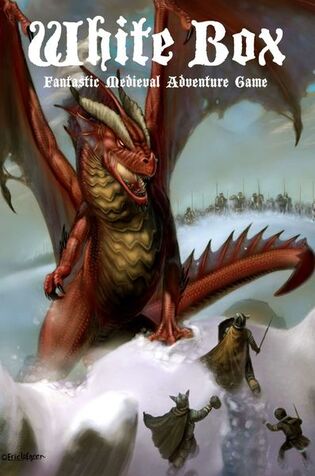
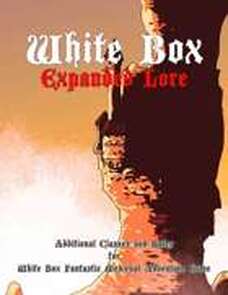
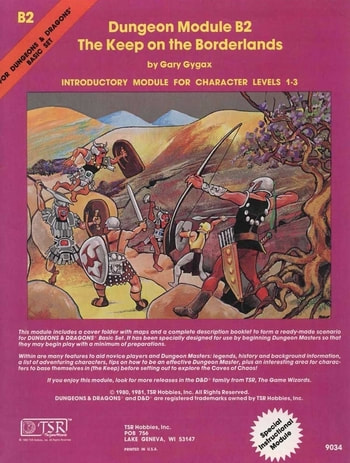
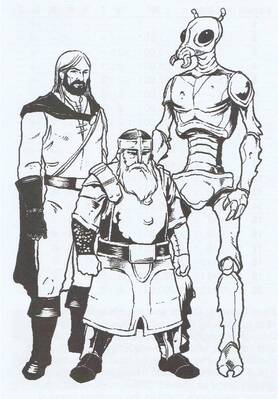
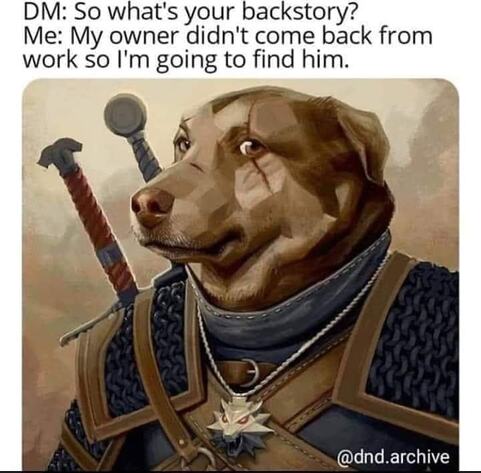
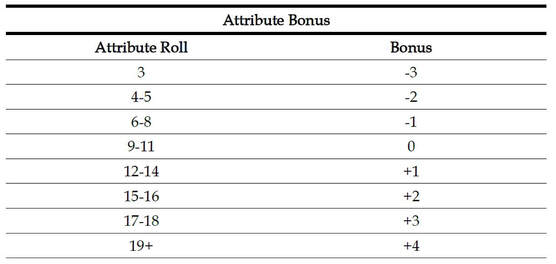
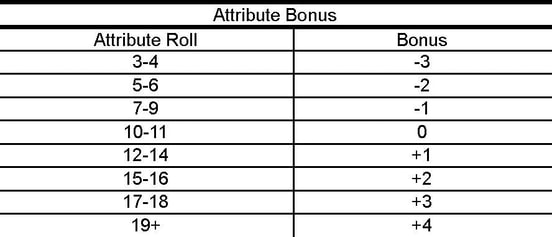
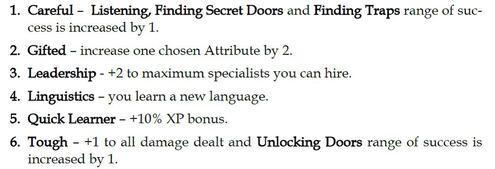
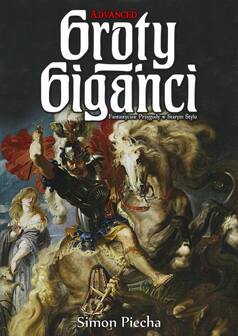

 RSS Feed
RSS Feed
